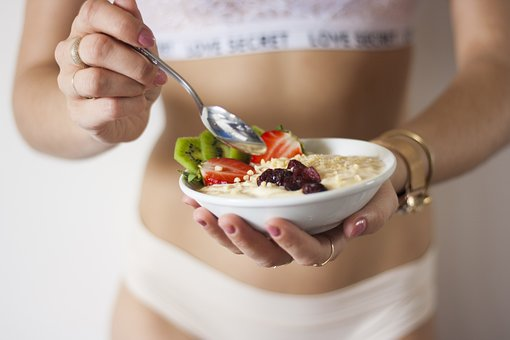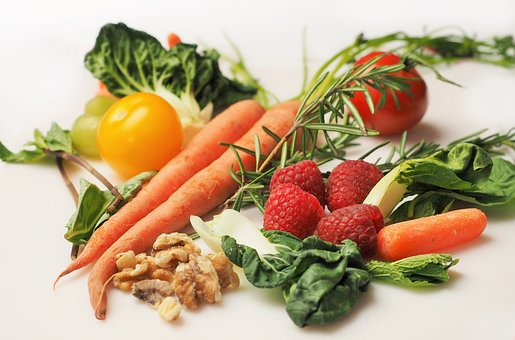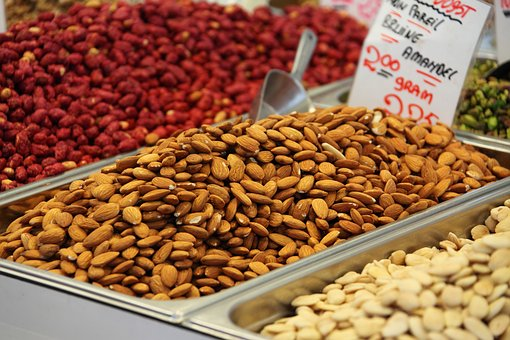Piles, also known as hemorrhoids, are a common condition that affects many people around the world. They are swollen veins in the rectum and anus that can cause pain, bleeding, and discomfort.
If you are suffering from piles, it is important to make changes to your diet to manage your symptoms and prevent further irritation. In this blog, we will discuss what to eat for a person suffering from piles.
High Fiber Foods

Eating high fiber foods is one of the most important dietary changes you can make if you have piles. High fiber foods such as whole grains, fruits, vegetables, and legumes can help soften your stool and make it easier to pass. This can reduce the strain on your rectum and anus, and prevent further irritation. Aim for at least 25-30 grams of fiber per day.
Water and Fluids

Drinking plenty of water and fluids can also help prevent constipation and make it easier to pass stool. Aim for at least 8-10 glasses of water per day, and avoid caffeinated beverages such as coffee and tea, as they can cause dehydration.
Fresh Fruits and Vegetables

Eating fresh fruits and vegetables can provide essential vitamins, minerals, and antioxidants that can help reduce inflammation and promote healing. Fruits and vegetables such as apples, bananas, oranges, berries, broccoli, spinach, and carrots are all great choices.
Nuts and Seeds

Nuts and seeds are high in fiber and healthy fats, which can help promote bowel regularity and prevent constipation. They also contain antioxidants and anti-inflammatory compounds that can help reduce inflammation and irritation. You can take almonds, walnuts, chia seeds, and flaxseeds.
Lean Proteins
Eating lean proteins such as fish, chicken, turkey, and tofu can help provide essential nutrients and promote healing. Avoid red meats and processed meats, as they can be high in fat and difficult to digest.
Herbal Teas
Drinking herbal teas such as chamomile, peppermint, and ginger can help soothe your digestive system and reduce inflammation. These teas can also help promote relaxation and reduce stress, which can be beneficial for managing piles.
Hence, making changes to your diet can help manage your symptoms and prevent further irritation if you are suffering from piles. Eating high fiber foods, drinking plenty of water and fluids, and consuming fresh fruits and vegetables, nuts and seeds, lean proteins, and herbal teas can all be beneficial.
However, it is important to talk to your doctor before making any significant changes to your diet or lifestyle, especially if you have a medical condition or are taking medication.